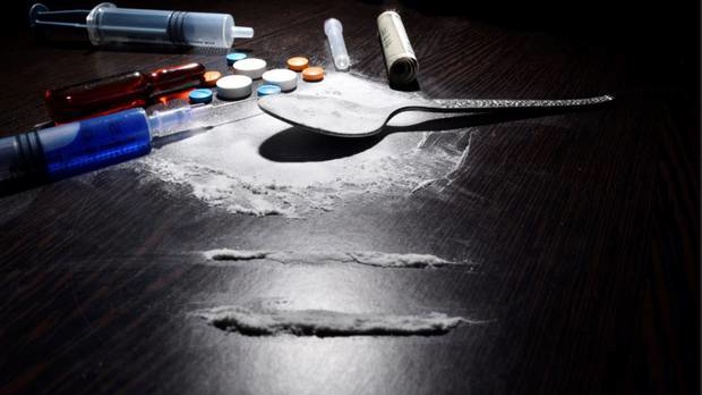Follow
the podcast on

New Zealand could be in for an influx of heroin overdoses after Pharmac changed its supply of pharmaceutical morphine - and our health system is not equipped to deal with it, experts warn.
In January, our country's drug buying agency stopped funding slow-release oral morphine tablets and instead started supplying capsules in a bid to make the drug easier to swallow.
Dr Rhys Ponton, a professional teaching fellow in the University's School of Pharmacy, told the Herald that while this change could be beneficial to patients in need of morphine, it had already prompted an alarming trend among recreational drug dealers.
Traditionally, dealers used morphine to cook a crude form of heroin but doing the same with capsules required different skills.
Instead, dealers had already begun selling pre-converted heroin from the new capsules as a powder for smoking which signalled the potential for new generation of opioid users, Ponton said.
The Ministry of Health's addictions group manager Richard Taylor said they were aware of this "potential emerging issue" and had shared this information with the National Drug Intelligence Bureau (NDIB), which monitors illicit drug trends.
"In the event of overdose, Naloxone a drug which reverses the impact of an opioid overdose) is available on prescription from authorised prescribers on a Practitioner's Supply Order (PSO). Naloxone is also carried by the Ministry's funded emergency ambulance services," Taylor said.
Drug Foundation executive director Ross Bell said this was yet another reminder that urgent action was needed to prevent a opioid crisis like what we were seeing in North America and starting to see in Australia.
"Naloxone needs to be made available without a prescription so that it is easier to assess"
Bell said deaths will be avoided this way and a further crackdown at the border-control level was needed to prevent a crisis.
"We are lucky an opioid epidemic hasn't hit yet but really it's only a matter of time and we need to prepare for that," Bell said.
A letter, written by Ponton and New Zealand Needle Exchange Programme's harm reduction leader Jason George, expressing their concerns about the morphine changes had been published in the New Zealand Medical Journal today.
The pair stressed they were not calling to return the use of the tablet form but they wanted to raise awareness among health workers.
"New Zealand medical teams and first responders, including paramedics, need to be aware of this increased risk and prepare for a potential rise in opioid overdoses."
Porton said the powdered drug came with a significant risk of overdose as people were not easily or reliably able to gauge the amount of drug they were getting.
"There are also anecdotal reports that the powdered heroin is also being marketed to those who wish to smoke it, rather than inject it. This may lead to a new generation of opioid users."
He said another risk with the new pre-converted heroin powder was that it could be diluted or substituted with powdered fentanyl.
Fentanyl is a synthetic opioid, a painkiller 50 times more powerful than heroin, which killed more than 20,000 people by overdose in the United States in 2016.
In May 2018, Police Minister Stuart Nash warned Fentanyl could be the "next P" in New Zealand, saying it was cheap, highly addictive and incredibly dangerous.
/arc-anglerfish-syd-prod-nzme.s3.amazonaws.com/public/JCQP2PY2JBALXGGNHTAK42H3QI.jpg)
"We're a small market but we pay the second highest price in the OECD for methamphetamine. At some point, one of these gangs is going to say 'let's bring over 1kg or 2kg of fentanyl and see how we go'," Nash told the Herald at the time.
Pharmac's director of operations Lisa Williams said it considered the impact of non-clinical features of the medicine that might impact on health outcomes.
"In the case of morphine sulphate long-acting tablets, members of our Analgesic Subcommittee considered that the long-acting capsules were a suitable alternative."
Williams said Pharmac did have a role to play in promoting the responsible use of medicines, and it does so through its partnerships with education providers, and through its networks of influence within the health sector.
"We also consider that responsible prescribing of opioids and all other medicines is the responsibility of the prescriber within their professional competency and scope of practice.
"I would also note that the HQSC is actively monitoring opioid usage in New Zealand as part of the Atlas of Healthcare Variation, and that the Ministry of Health is the health authority responsible for the regulation of controlled drugs in New Zealand."
Take your Radio, Podcasts and Music with you









